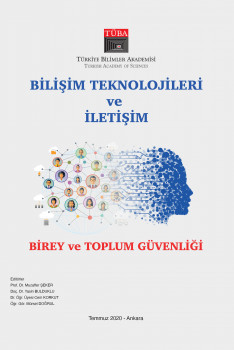The Internet Converts. But to What?

The Internet Converts. But to What?
Having been discussed for years, ‘Digital transformation’, for which tremendous efforts have been made so far for its implementation in production processes and rendering service, has almost been completed at an unprecedented pace due to the COVID-19 pandemic. The capacity to ‘adapt’ which is unique to human beings has been effective during this process. However, some research suggests that digital environments come at the cost of a range of quite serious concerns from the vulnerability they pose to data security to the negative impacts on both individual and social psychology. To cope with such negative impacts interferes with a mechanism that we call ‘social immunity’, which is similar to the ‘physical immunity’ that is required for survival and the ‘psychological immunity’ that is required to maintain existence. For a society to be socially immune, specifically in the case of Turkey, the society should be capable of the following:
1. It should be noted that unless we develop our indigenous search engine along with a messaging and search application capable of running on
multiple platforms and complete the digital transformation of resources of information (such as encyclopedias etc.), we will fail to develop digital
firewalls and deploy our digital fortification.
2. Although screen time has increased at an extraordinary rate during the ‘Stay Home’ campaign, it is vital to inform society of its impacts on
physical, physiological, and social health.
3. The internet and the technology thereof should not only be used as a means of communication but also for the purposes of facilitating
development that enables productivity in all manufacturing processes through an improvement in software capabilities and allows people to
spare time for their personal liberty.
